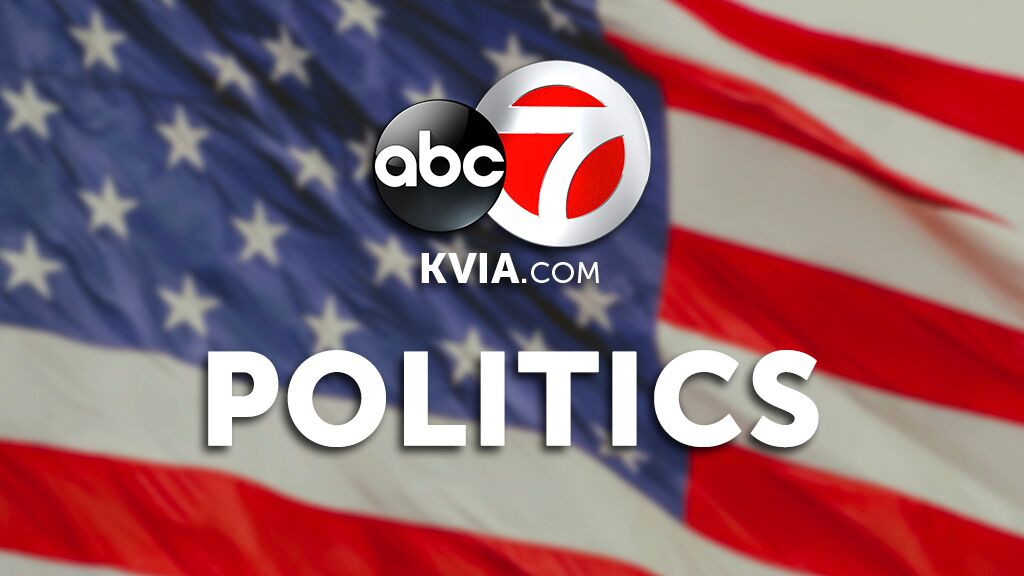Man accused of bringing bombs to Capitol had contacted Cruz’s office with concern about ‘election fraud,’ judge notes

A Vietnam veteran who allegedly brought Mason jar bombs to Capitol Hill on January 6 had scoped out the Capitol Building in December by driving around it, and had called Texas Sen. Ted Cruz’s office and tried to visit the Republican at home, a court filing revealed on Monday.
The filing provides new details about a right-wing follower’s response to the election fraud myth in one of the most serious Capitol riot criminal cases.
Lonnie Leroy Coffman of Alabama had also participated in a paramilitary patrol on the southern border seven years ago, and on January 6, carried information about border enforcement paramilitary groups, the court filing said.
Prosecutors revealed many of the details about Coffman’s political inclinations to the court in recent weeks under seal, but federal Judge Colleen Kollar-Kotelly described them in a public opinion Monday to keep him in jail as he awaits trial. Coffman has pleaded not guilty, and his family has described him as a troubled Vietnam veteran who suffers from mental health issues.
Coffman was arrested shortly after the Capitol riot on several weapons charges because of the arsenal he carried in his truck on January 6.
As the investigation progressed, investigators were able to see Coffman’s movements up to January 6 because of a GPS device found in his truck, the filing said.
Cruz’s office also had notes about his call on December 11.
“Man says that he went to [Senator Cruz’s] DC home to visit him with no answer at the door, and then called to try to arrange a meeting with him over the phone. Directed him to the scheduler’s email address. He is also looking for contact info for S. Hannity, M. Levin, and R. Limbaugh,” a Cruz staffer had noted.
The staffer also told US Capitol Police that Coffman seemed “not 100% there” during the call and that he seemed “to be coming from the ‘friend’ angle in wanting to … help with the election fraud he saw,” according to the court record.
In addition to militia contact details found in his wallet from January 6, Coffman had been on the FBI’s radar from a 2014 trip to Camp Lonestar, where armed groups meet to patrol the US-Mexico border for immigrants. He had taken a shotgun and pistol there, the court filings say.
The camp’s address and the name of a Texas militia member were on a paper in his wallet January 6, prosecutors said, and investigators who searched his home also found documents about another militia group.
“This evidence indicates that Mr. Coffman had potential plans to coordinate with other members of the January 6, 2021 riots at the United States Capitol,” Kollar-Kotelly wrote in the opinion Monday. His connections to militia groups, the judge noted, “raise questions about Mr. Coffman’s community ties and his willingness to engage in armed paramilitary activity.”
Coffman’s criminal allegations are some of the most chilling to emerge from the Capitol riot investigation.
Coffman had parked his truck blocks from the Capitol building and left it to sit there for most of January 6.
Inside the truck or on him, Coffman had a shotgun, a rifle, three pistols and 11 Mason jar bombs inside a cooler that, if detonated, could have acted like napalm. Law enforcement had cordoned off the truck midday on January 6, and stopped him before he returned to there, court filings say.
Where Coffman had gone during the day was a mystery, court filings previously said, but on Monday, the judge revealed that investigators had found photos of Coffman among the crowd around the Capitol.
Coffman had been living out of his truck in DC for a week, prosecutors say, and also had handwritten notes with names of elected officials and a federal judge he noted to be a “bad guy.”
On Monday, the judge also noted that investigators had found a second list in his home, where he noted to locate people, and listed unnamed people as “ex Dem. Senator, traitor,” “billionaire oilman & fund-raiser for Obama,”and “G.E., Obama’s lap dog.”
In a 24-page ruling explaining her decision to keep Coffman in jail, Kollar-Kotelly said “the record contains a variety of compelling evidence” detailing his alleged preparations for the day of the Capitol riot, including “his possession of substantial weaponry, his militia connections, and his specific targeting of political figures, all of which demonstrate a concrete and prospective threat to the community posed by Mr. Coffman’s release.”




